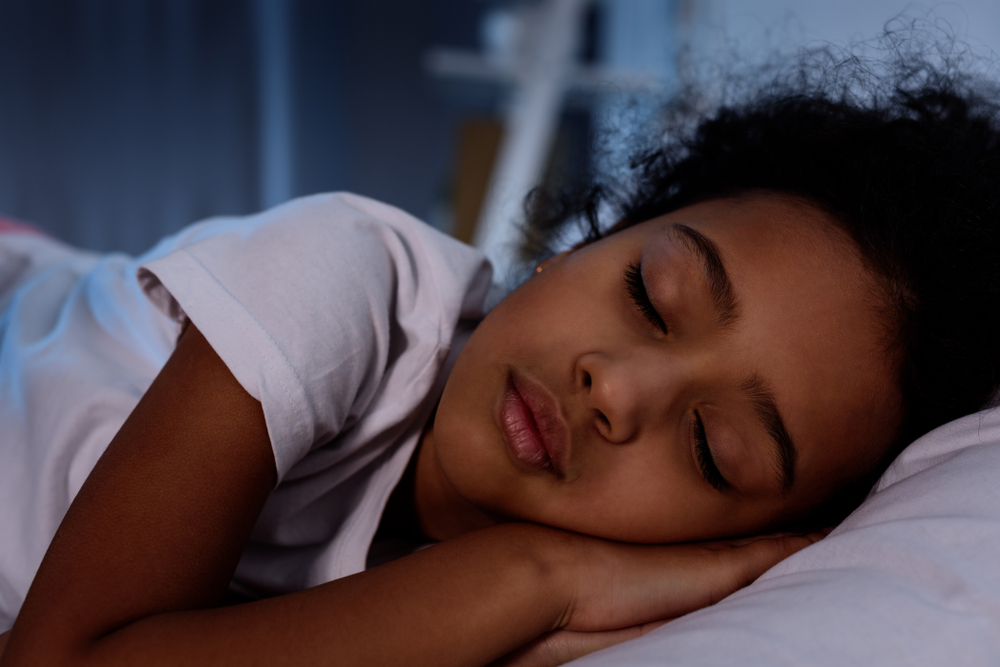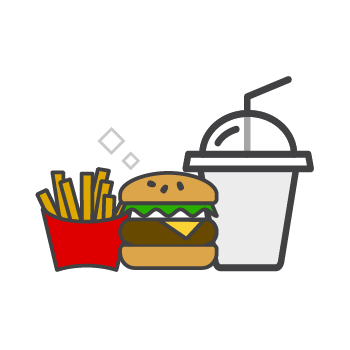Here’s How to Get the Best Night’s Sleep You’ve Ever Had
by Carolyn Lee Sep 19, 2022

Many of us have experienced restless nights, and when that happens, we wake up feeling tired or irritable. Getting enough sleep helps to protect our quality of life, mental, and physical health. Several factors contribute to sleepless nights. We’re looking at a few of them, plus how you can get the rest you need.
Discomfort: An old or uncomfortable mattress can cause irritation, pain, and aches all over the body. It can make falling asleep and staying asleep difficult. A comfortable mattress is one way to invest in a good night’s sleep.
Sharing a bed: Sharing a bed with someone can lead to sleep disruptions if that person tosses a lot, snores, gets up often during the night, or takes up too much space on the bed. Look at products that help with snoring and consider getting a bigger bed. Also, talk to your bedmate about limiting the amount of liquid they drink before bed.
Anxiety: Many of us reflect on our day while we are in bed. Some of us may start planning or worrying about things that did not get sorted during the day. Try meditating or doing a breathing exercise before bed.
Haphazard sleep schedule: Use your phone’s clock to schedule “bedtime”. This feature alerts you when it’s bedtime and alarms when it’s time to get up. A regular alarm also works. Aim for eight hours and limit the difference in your schedule on weeknights and weekends to one hour. This will help to set and reinforce your body’s sleep-wake cycle.
Too much blue light exposure: Smartphones and computers emit large amounts of blue light. Power down the TV, put away electronic devices, and turn off bright lights at least two hours before bedtime.
Eating heavy meals before bed: Eating a big meal and lying down shortly after can cause acid to flow back up through the oesophagus. This can cause heartburn, which makes sleeping difficult. Try eating at least two to three hours before bedtime. If you’re hungry, eat a light snack to avoid hunger pangs, which also make falling asleep challenging.
Ignoring the problem: If you regularly struggle to sleep, speak to your doctor. Your doctor will assess you to determine if you have a sleep disorder (insomnia, sleep apnoea, etc.) and recommend a course of treatment for you.
We’ve made it easy for you to find the products and services that can help. So, remember to use Find Yello for pharmacies, doctors, furniture stores, and related services.
Sources: Mayo Clinic, Center for ENT, WebMD, Healthline, and Harvard Health.








